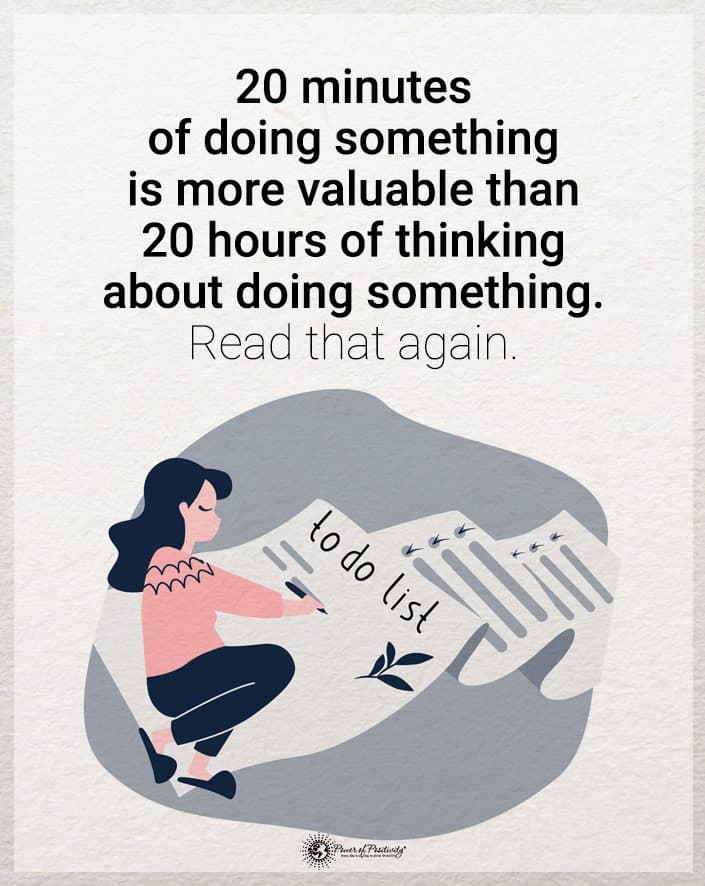Most countries on the planet have a norm of five-day work weeks. This means most people clock a total of forty hours in their work environment, with only two days to rest, recuperate, and complete other tasks. In some countries, the total hours worked are even greater. Thus, some workers advocate for a shorter work week.
Furthermore, with the increased accessibility via technology, employers expect workers always to be “on” when working. There’s more pressure to answer calls, emails, and other messages from work, even on days off. This stretches the length of hours worked out even further.
This is why many people desire a shorter work week, with fewer clocked hours and more flexibility. But would that work, or would it ultimately do more harm than good? Here are the top ten benefits of a shorter workweek for mental, physical, and workplace health.
1. A Shorter Work Week Increases Productivity
One of the most significant benefits of a shorter work week is also a somewhat surprising one. Many people believe that working fewer hours would contribute to decreased productivity. On the surface, this makes sense. If you work for less time, surely you’d get less done. Right?
But this is not the case at all! Research into the subject has shown that long working hours can be bad for productivity. In fact, some countries have found that a four-day work week may increase the amount of work done.
There are different schools of thought on the matter. Indeed, some show that six hours per day is ideal. Conversely, others show that 35 hours per week is the perfect amount. And, of course, those who have tried the four-day work week have so far reported success. Ultimately, evidence has indicated improved productivity over fewer hours. So, how can this be? This happens for the following reasons:
· It Reduces Busywork
Contrary to its name, Busywork is the act of filling time with unimportant tasks to appear or feel “busy.” How many times have you found yourself procrastinating on important tasks with many smaller, less urgent ones? A shorter work week can help to decrease this phenomenon. To fit numerous necessary tasks in a shorter period, workers will have to manage their working days better and will focus more on what matters.
· It Reduces Sustained Energy
The University of Toronto’s associate professor of organizational behavior, John Trougakos, told the BBC that most people could not sustain their energy for more than eight hours at a time. The longer a person’s critical attention is stretched, the worse their efficiency will become. This reduces productivity and forces many people to break up their attention with unimportant tasks.
· It Ensures Everyone Has Time To Get Their Ducks In A Row
When you have more time away from the job, you can deal with personal issues. You can devote enough time to your home and family life, finish up external errands, and have sufficient “me-time” before getting back to work. This reduces the need for you to attend to other things during the business day.
2. A Shorter Work Week Reduces Stress
More time spent working means less time to unwind. There’s more to do and not enough time to do everything, and your inability to sustain energy and focus means you get even less done. It’s no surprise that anxiety and stress are prevalent among cultures where people have to put in more hours.
In our previous point, we mentioned everything that ties into higher productivity with a shorter work week. These things are just as relevant for reducing stress for somewhat obvious reasons. This means that lower levels of stress can improve workplace performance and productivity, so it’s quite a win-win all around.
3. A Shorter Work Week Improves Restedness
Feeling rested is crucial to mental and physical health. When people work longer hours, they may lose valuable sleep time. This is because they have to spend more time catching up on various non-work responsibilities instead of resting.
Even just a little bit of extra sleep goes a long way when it comes to feeling better and energized the next day. Workers who get sufficient rest are likely to experience improved job performance.
Furthermore, studies show how long working hours can even increase sleep disturbances! This means that long hours can be a vicious cycle for someone’s nighttime rest, causing lower sleep quality even when they do try to get to bed on time.
4. A Shortened Work Week Reduces Our Carbon Footprint
A shorter work week could be the positive step forward that the world needs towards improving the environment. Or, at least, that’s what Andrew Barnes, the pioneer, and expert behind a significant part of the four-day workweek movement, says in The Guardian.
To explain this, we can consider the following things that occur in the shorter work week:
- The headcount of staff in an office drops, thus reducing the number of vehicles on the road.
- Fewer vehicles on the road improve the traffic flow on highways, enhancing productivity and economic activity through faster travel. Research on this topic in New Zealand has supported this theory.
- Decreased congestion on the road through shortened commutes reduces the amount of carbon dioxide produced by vehicles and the amount of fuel. This has positive implications for the environment.
Studies have supported this concept; households that have more work hours have way more giant carbon footprints. This is according to analyzed data from the US Bureau of Economic Analysis and Bureau of Labour Statistics. This is because electricity and transportation are the two most significant causes of greenhouse gas emissions in the United States. Both of these things can be decreased with fewer working hours.

5. It Gives You Time To Be Creative
Between the commitments of work, family, and physical health, it can be challenging to find time for creativity. Hobbies and other forms of expression get pushed to the side to focus on earning money and getting enough energy and fuel for work. A shorter work week could potentially free up much more time for this creativity.
People often don’t realize how beneficial creativity is for mental health. Studies have found that the trait allows people to experience higher happiness and life satisfaction. This also increases the amount of motivation that you have, as it gives you a more incredible feeling of purpose in life. This feeds back into improved workplace performance.
6. A Shorter Work Week Can Improve Relationships
Relationships are crucial to mental health. Those who have a tumultuous marriage, for example, are likely to struggle with their psychological wellbeing. In addition, a healthy circle of social support is vital to many people’s lives. Without harmony at home and support outside, it’s tough to keep up the best possible wellbeing.
Research indicates that a shorter work week may benefit marriages, families, and various social circles. Being able to devote sufficient time to a spouse, children, or friends is vital to maintaining those relationships. This healthy social life can then contribute to improved life satisfaction.
7. It Can Improve Workplace Equality
The shorter work week could also reduce the gender pay gap. The Government Equalities Office in the United Kingdom has shown that numerous people desire more flexible working hours to choose to be employed. This especially applies to women, who often have childcare responsibilities at the end of a long day.
While the research here applies to the UK, it’s not hard to imagine that those in the United States may feel similarly. A shorter work week could provide people of all genders the opportunity to split their responsibilities between work and care commitments. It’s not the only solution here, but it can help many people feel that pursuing a career can be worth the juggling needed.
8. A Shorter Work Week Can Contribute To A Happier Retired Life
People can get so caught up in work that they forget life after it. If your entire existence is devoted to either working or getting enough rest so you can work again, you’ll have nothing to yourself when it’s time to retire.
A sense of purpose in later life is crucial to mental health and wellbeing. Older individuals who feel that they’ve wasted their lives at work may suffer additional adverse effects on physical and psychological well-being.
Ultimately, no one wants to feel like their life has been spent in a cubicle or focused on things that, in the end, didn’t matter. A shorter work week could mark a complete change in how people retire and the difference they feel they’ve made in the world.
9. It Reduces The Risk Of Certain Diseases
Long working hours and workaholism are prevalent in numerous cultures across the globe. We already know that this opens people to the risk of physical health issues and potentially fatal diseases. This includes, as studies have shown, heart disease, type 2 diabetes, obesity, and many more.
People who work high-risk jobs or work with potentially dangerous equipment suffer even worse from this. They’re not just at risk of more diseases, but their physical health can be subject to more injury. Research indicates that workplace accidents happen less among those who work fewer hours.
10. It Helps People Engage With Their Work
The very idea that most people hate work and can’t wait for the weekend is a pretty sad concept when you think about it. People spending so much of their lives doing something they ardently dislike is undoubtedly terrible for mental health.
A shorter work week may be the key to encouraging people to engage more positively with their work environment. As tried by Sweden, six-hour workdays saw people taking less time off and doing more for their workplace than usual.
Then, there’s a possibility that we don’t have to dislike our work. Getting a better balance between it and the rest of our lives could be the change necessary to encourage people to enjoy their careers more, even in less-than-ideal circumstances.
Final Thoughts On Some Benefits Of A Shorter Work Week
There are some challenges that a shorter work week poses, and there are certainly downsides to the idea. But, at the same time, the benefits have shown us that it is a concept worth considering. A shorter workweek may be in our future!




















